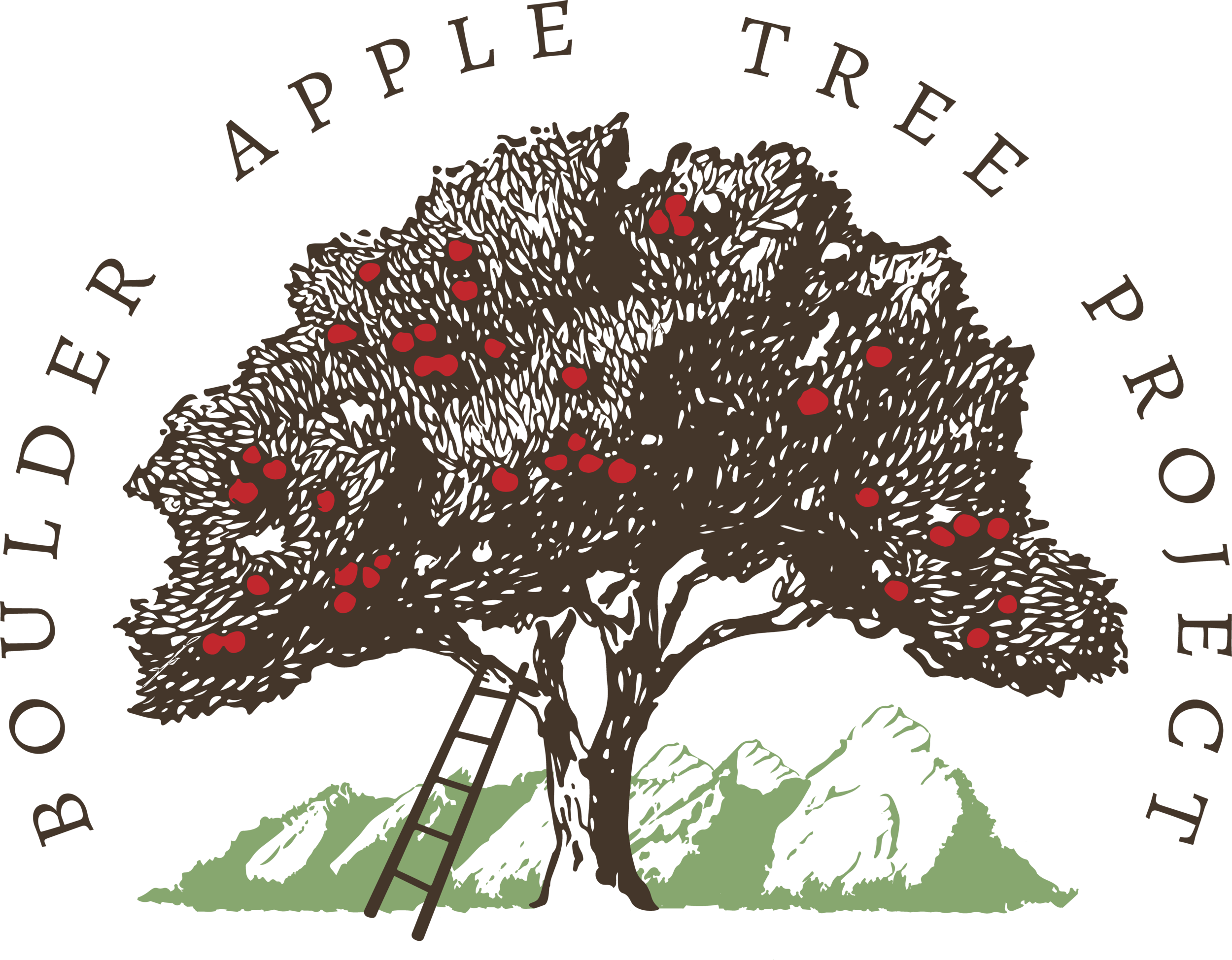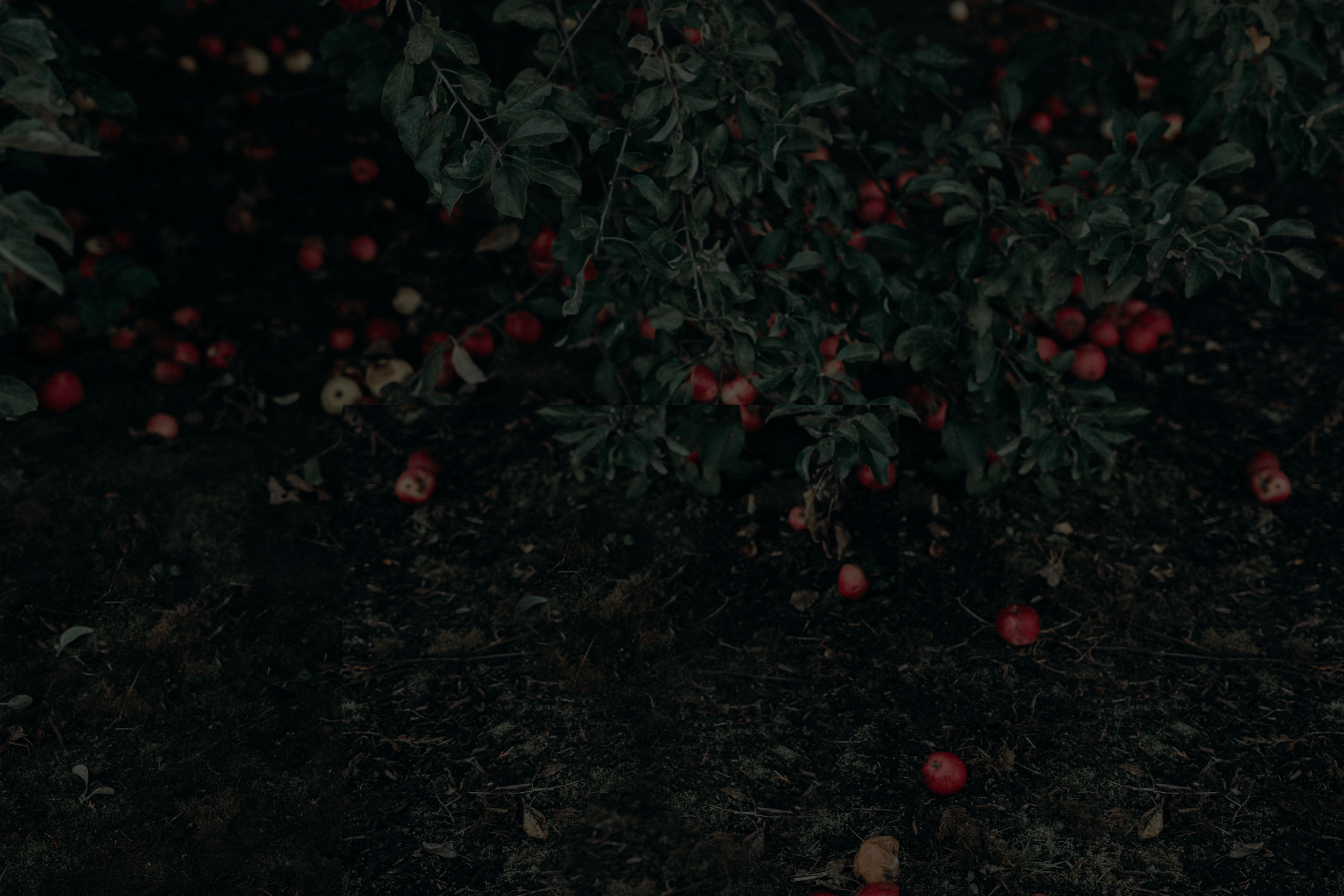the science
studying the Age, Health, history, and genetics of Boulder’s apple trees.
Our remaining apple trees not only hold vast potential to unlock fascinating historical and cultural narratives, they provide genetic resources that convey disease resistance or tolerance to environmental stressors and offer an important potential local food resource. These benefits are particularly strong with apples since you can take a graft of a historic tree and preserve it for future generations in urban orchards, with great potential to provide multiple ecosystem services in the future.









